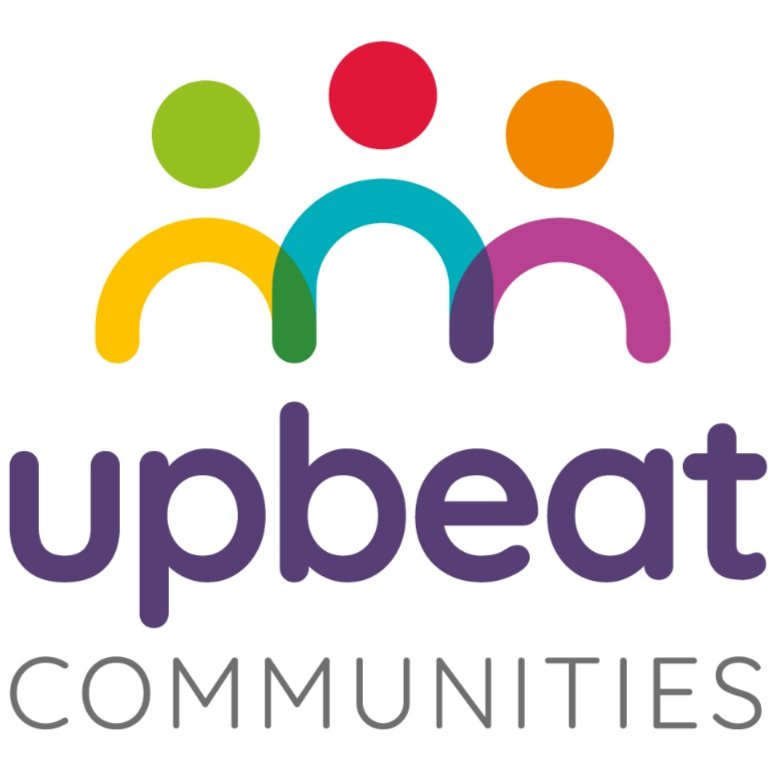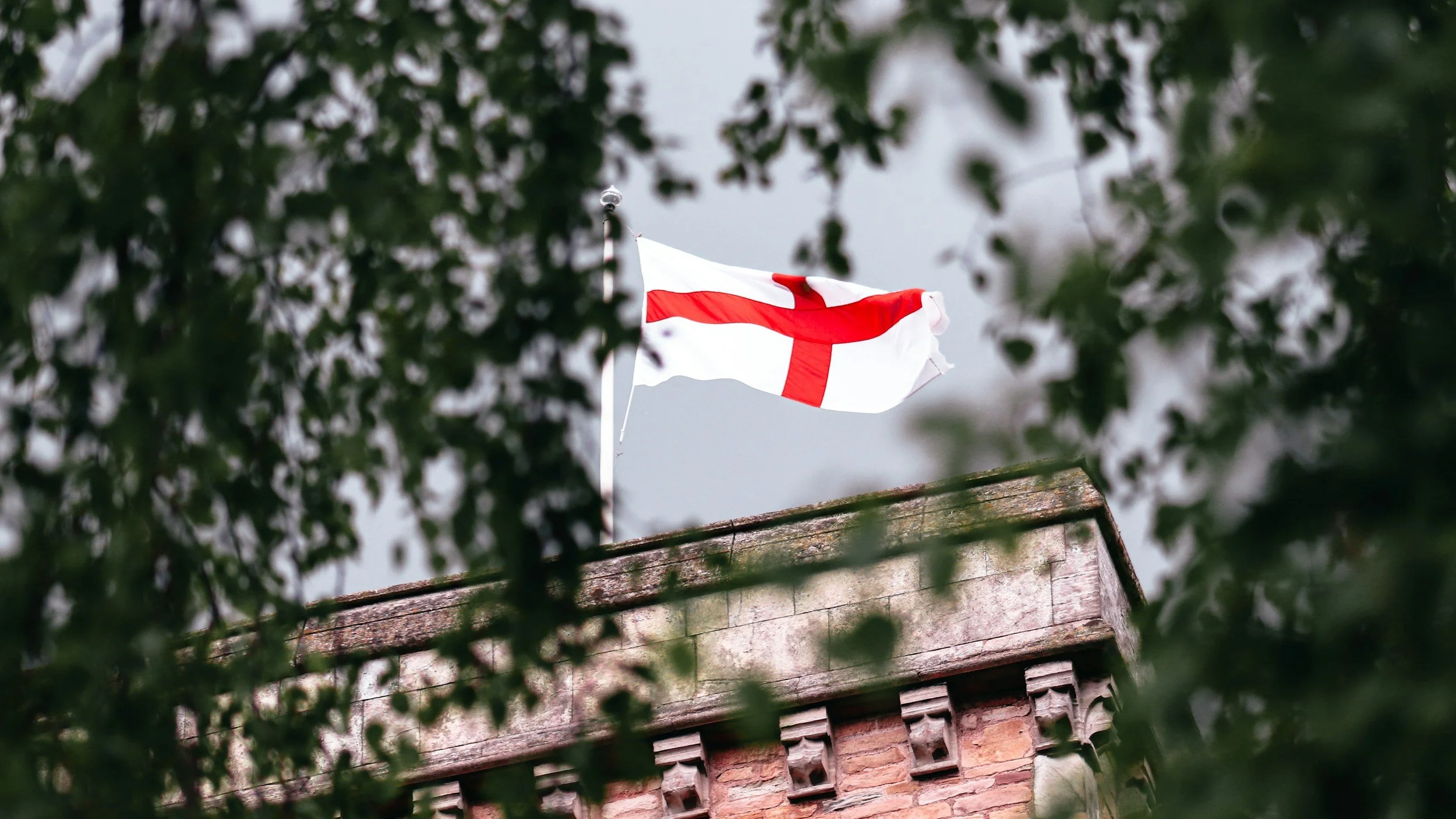Myths and Misconceptions about Refugees: 4 Common Phrases Used to Spread Misinformation
Conversations about refugees in the UK lately are often shaped by fear, frustration, and misinformation. Across social media and even in everyday conversations, myths are repeated so often that they start to sound like facts. But when we take a closer look, these claims fall apart. Let’s explore some of the most common misconceptions and what the facts show.
“There is no war in France. People are coming here due to the soft welfare state.”
It’s true that people seeking safety in the UK often pass through other countries first. This has led some to assume that refugees are only coming here to take advantage of our welfare system.
But under the 1951 Refugee Convention, 149 countries share responsibility for supporting those seeking sanctuary. Just as it would have been unreasonable for only Poland and Moldova to take in all refugees from Ukraine, it is unreasonable to expect France or any other single country, especially those bordering countries in conflict, to shoulder the full responsibility. If every refugee stayed in the first country they entered, many would be left living on the streets in unsafe, inhumane conditions.
Before Brexit, the UK participated in the Dublin System, which meant that claims started in one country must be completed in that country. For instance, if an asylum claim was started in France and the person seeking asylum then moved onto the UK before their claim was decided, we had a right to send them back to that original country. Since leaving the EU, that option no longer exists, leaving people with fewer safe routes and contributing to the rise in small boat crossings.
It’s also important to recognise scale: the UK hosts only 1% of the world’s refugees — and less than 1% of our total population. The majority of refugees, around 67%, remain in neighbouring countries.
Why the UK, then? Refugees often come here because:
They already speak English and can communicate during their claim.
They have historic ties through the British Army or colonialism.
Many other countries take in many more refugees than we do, so claim processing can be slower in these countries, making it easier to rebuild their lives quicker in the UK
They were already in the UK legally when conflict erupted in their home country and they have been left with no choice but to claim asylum.
“Breaking into another country without documentation is illegal.”
Another common claim is that those arriving by boat are “illegal immigrants.” But seeking asylum is a legal right under international law. To apply in the UK, you must already be on UK soil and for most people, irregular journeys are often the only option left.
Why might someone not have documents?
Papers can be lost, or stolen by people smugglers during dangerous journeys.
Families often flee with little warning, leaving documents behind accidentally
In some countries, persecuted groups cannot obtain documents safely
Some destroy papers out of fear of being returned to the country they fled
Being undocumented does not make someone “illegal.” The label “illegal immigrant” is often used by far-right groups to dehumanise people seeking safety. In truth, a person only becomes “undocumented” after a negative asylum claim, and even then, the situation is far more complex than the rhetoric suggests.
“Since when was flying our flag racist?”
Flying a flag, in itself, is not racist. Flags can symbolise pride, solidarity, and community.
But when the St George’s flag is painted on road signs, across property, or brandished during xenophobic demonstrations, it stops being a symbol of unity and becomes a tool of exclusion. In these contexts, the flag is being used to “mark territory” and send a message of hostility toward people who are different. That’s not patriotism, that’s xenophobia.
“We just want safer streets for our women and children.”
This argument is often used as a cover for anti-immigrant sentiment. The reality is that violence against women is not tied to nationality, but it is a huge problem in the UK.
Statistics show that white British men make up the majority of suspects in violence against women. According to the Femicide Census Report, women are more likely to be killed by their own sons than by strangers. These truths are uncomfortable, but they highlight that violence is a societal issue, not an immigration one.
If someone genuinely cares about safer streets for women and children, the answer lies not in scapegoating refugees, but in supporting domestic abuse services, campaigning for stronger protections, and holding perpetrators accountable, whoever they may be.
Moving forward
Refugees are not a threat to our safety or our communities; they are people seeking protection, dignity, and a chance to rebuild their lives. The myths we hear about welfare, legality, patriotism, and safety, are tools used to create division.
When we look beyond the headlines and the hate, a different picture emerges: one of resilience, courage, and our shared responsibility to offer sanctuary. After all, welcoming those in need is not just a legal obligation, it reflects the values we want our society to stand for. Creating a welcoming, safe environment where everyone belongs is a true British value.
Want to find out more about refugees? Sign up to our mailing list to hear more like this, as well as stories from real people seeking safety in the UK, and ways you can get involved to make a positive difference 👇




